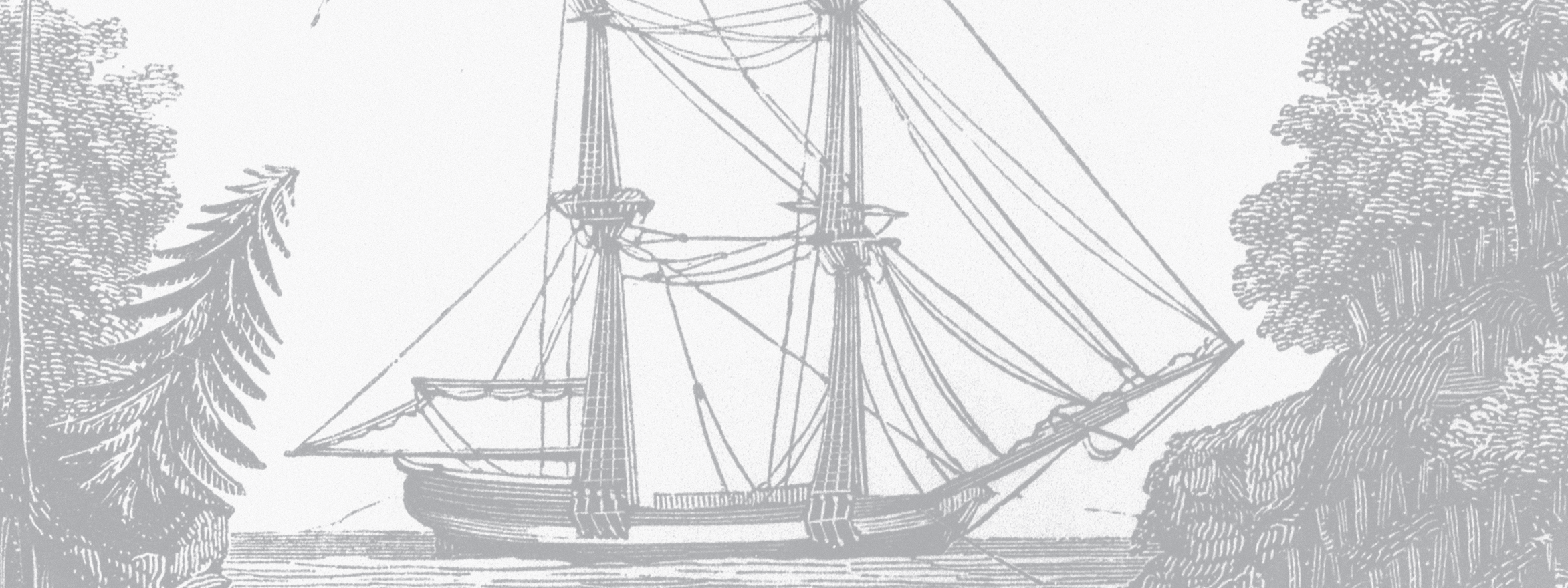Menu toggle

Focus Areas
- Global Program Development
- Exchange Programs
- International Student Support
- Intercultural Trainings, Events, and Programs
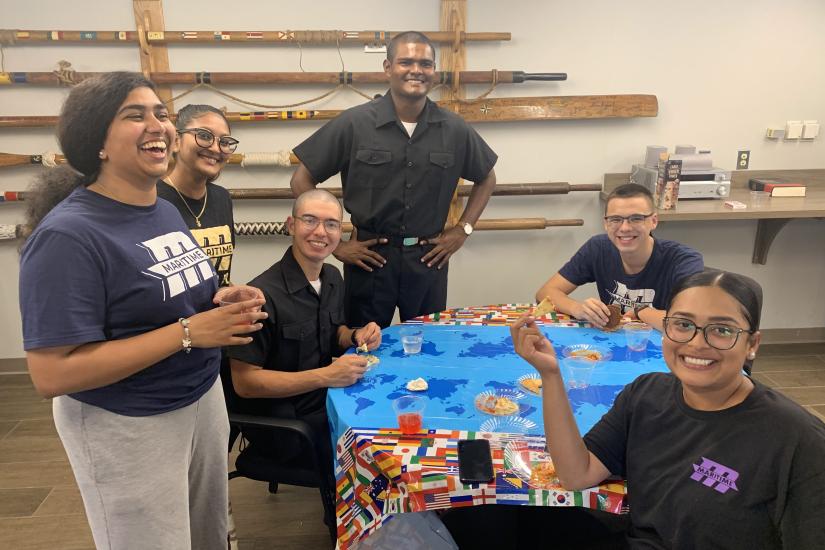
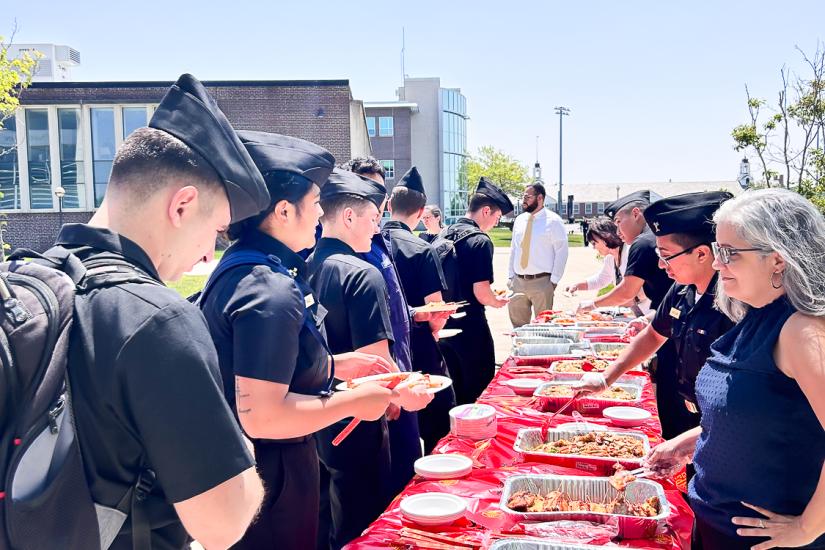

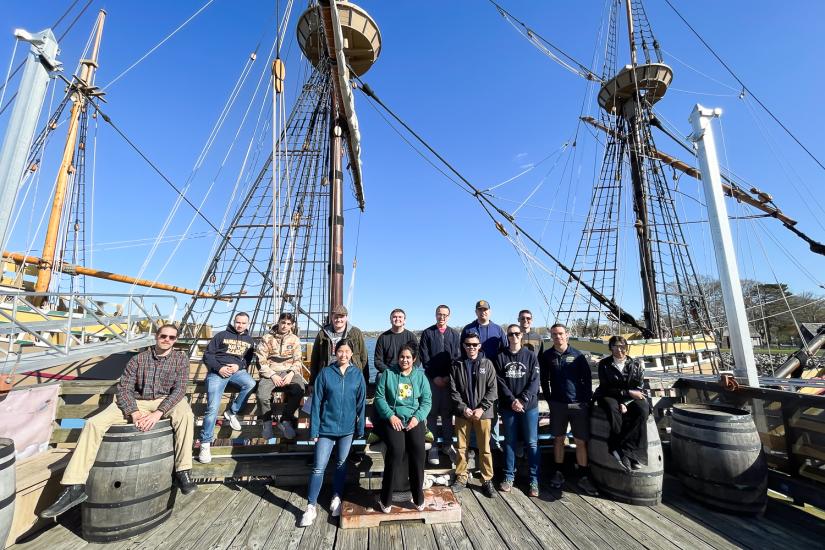
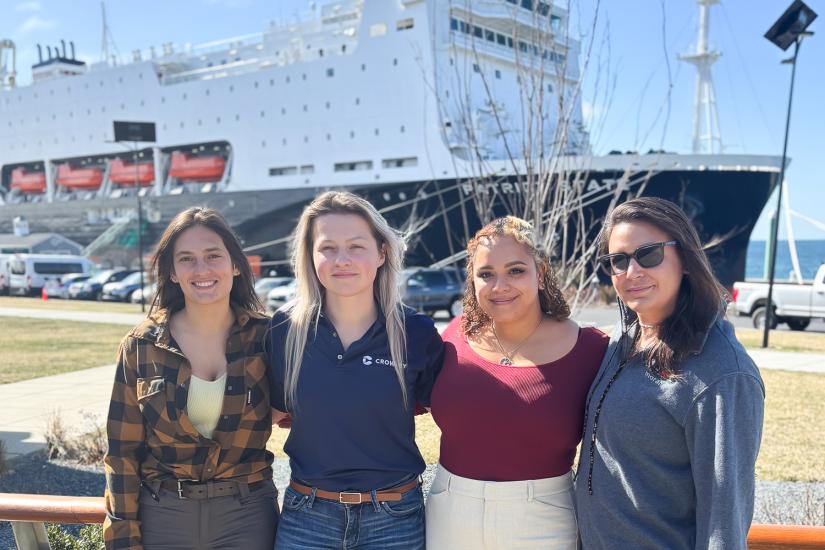
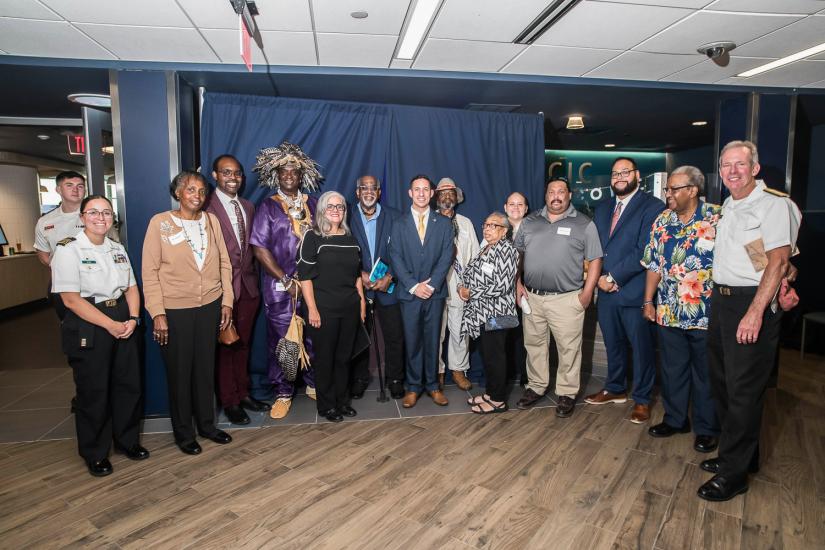
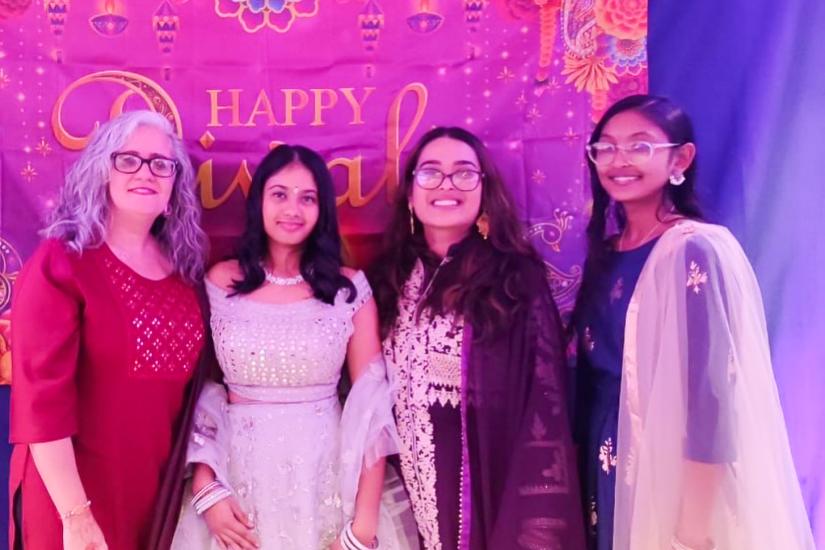
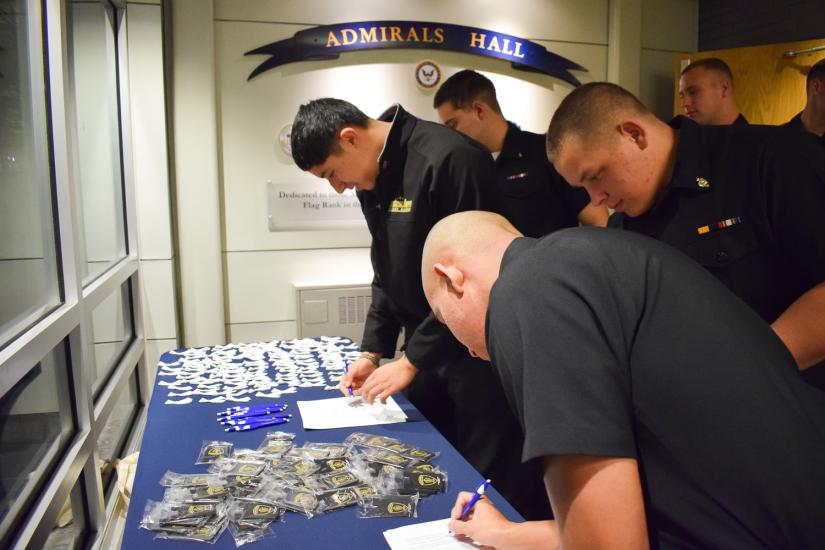
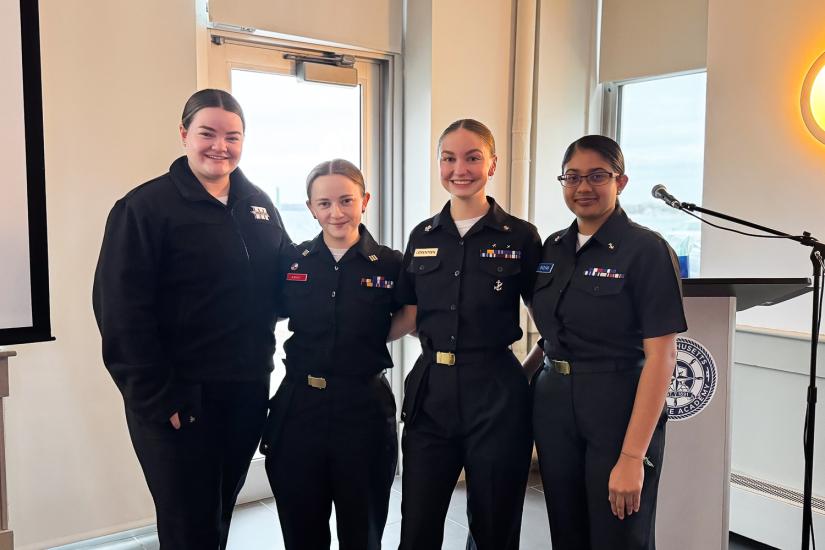
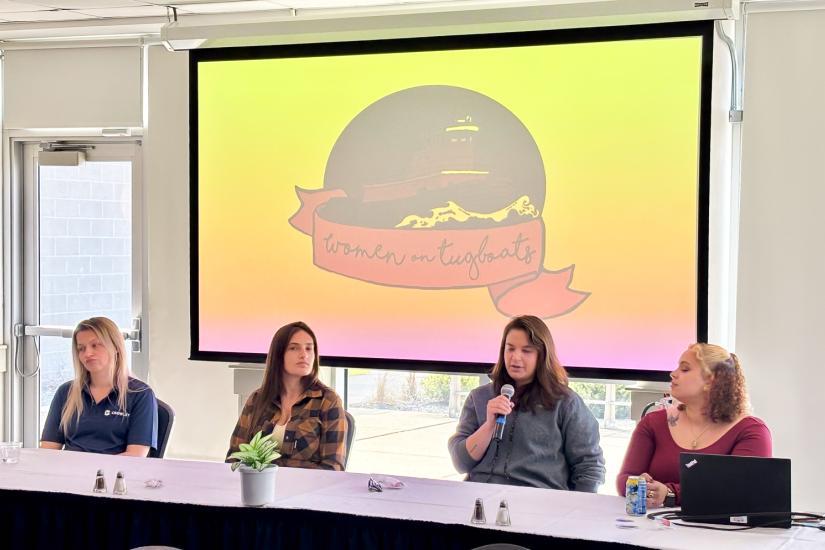
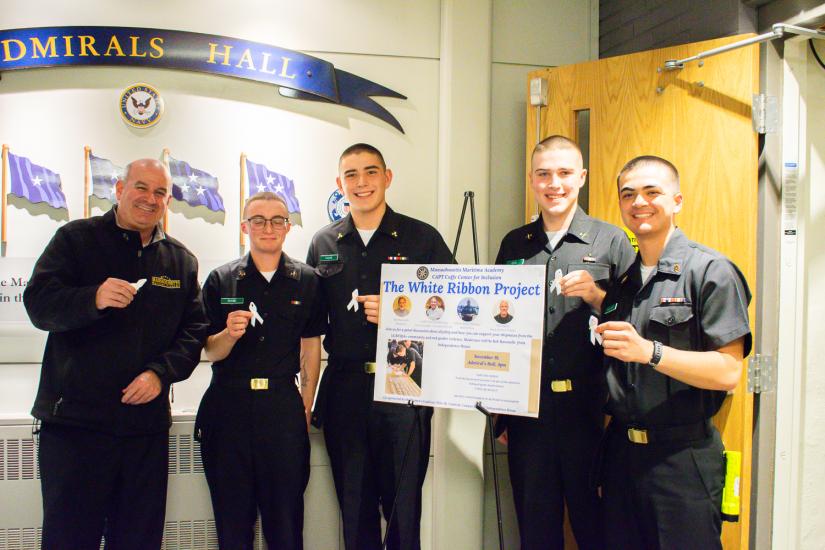
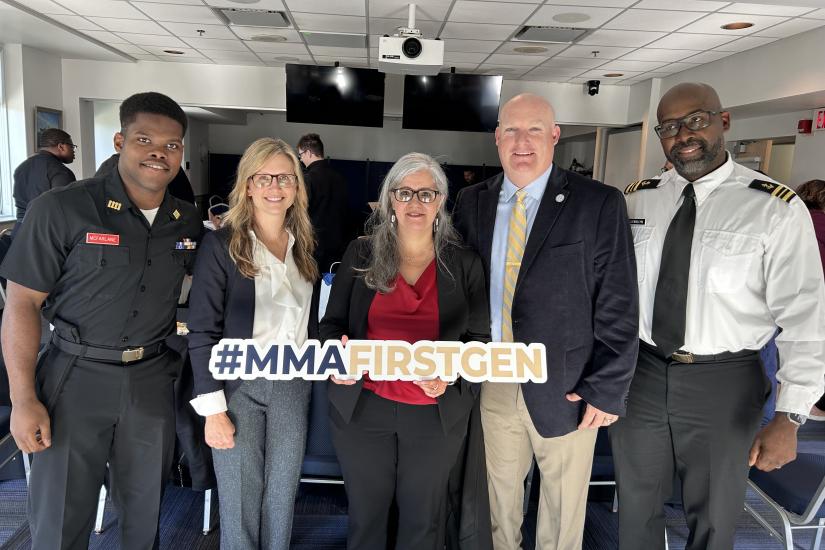
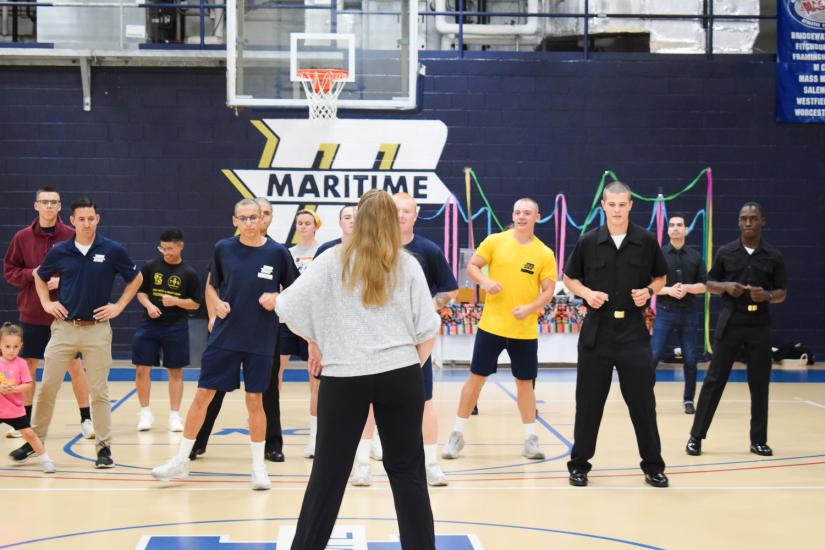
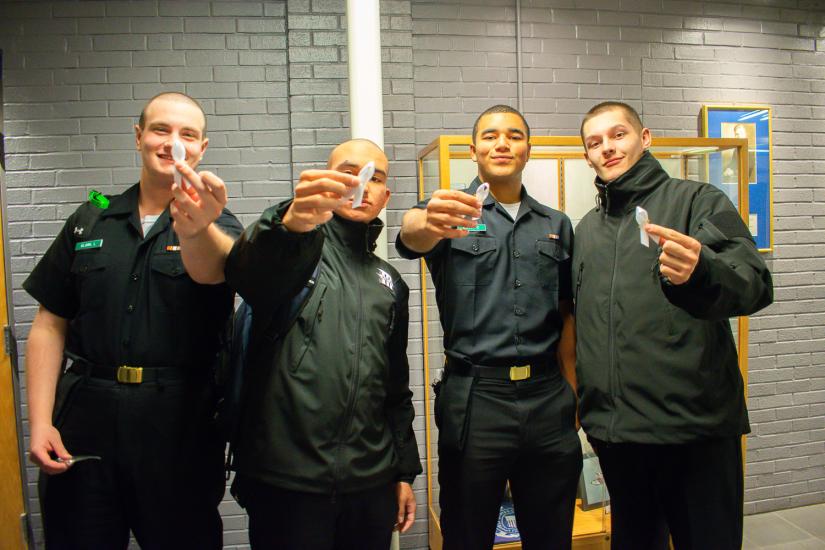
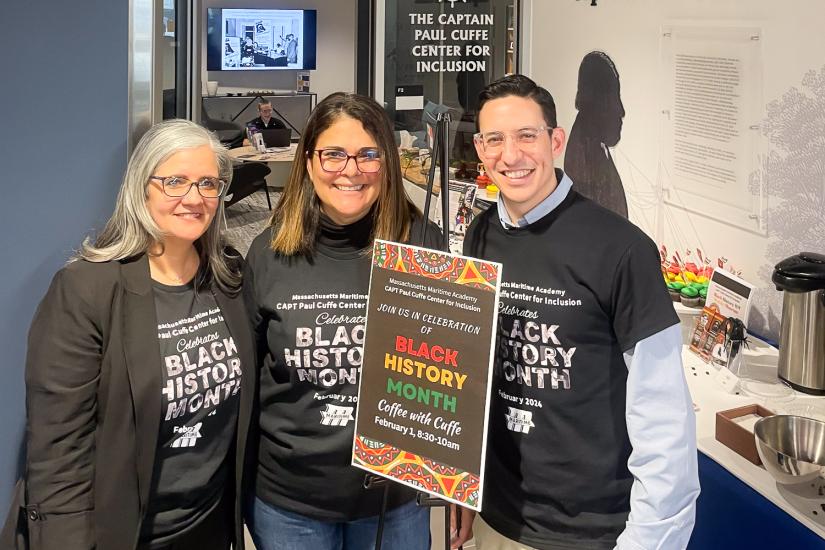
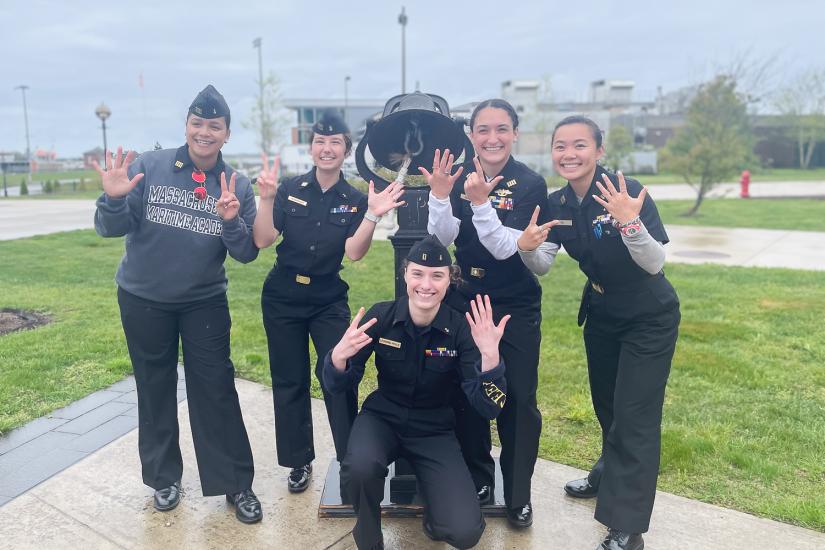

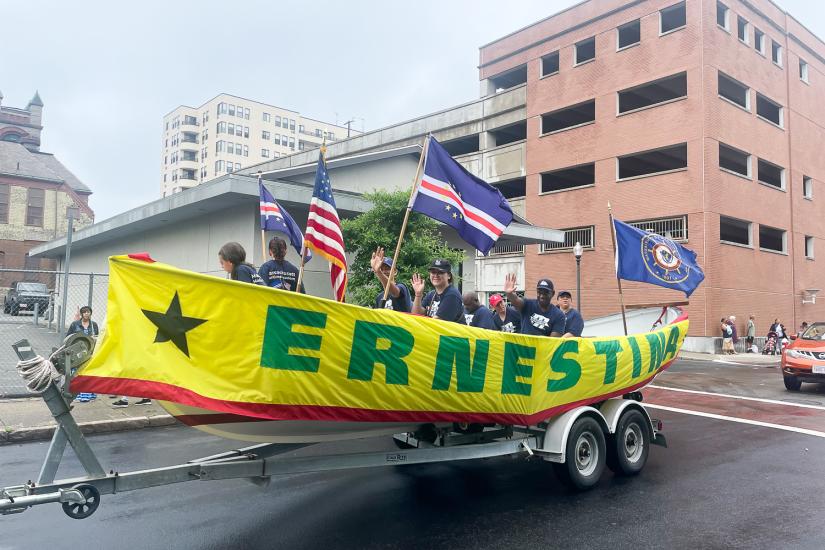
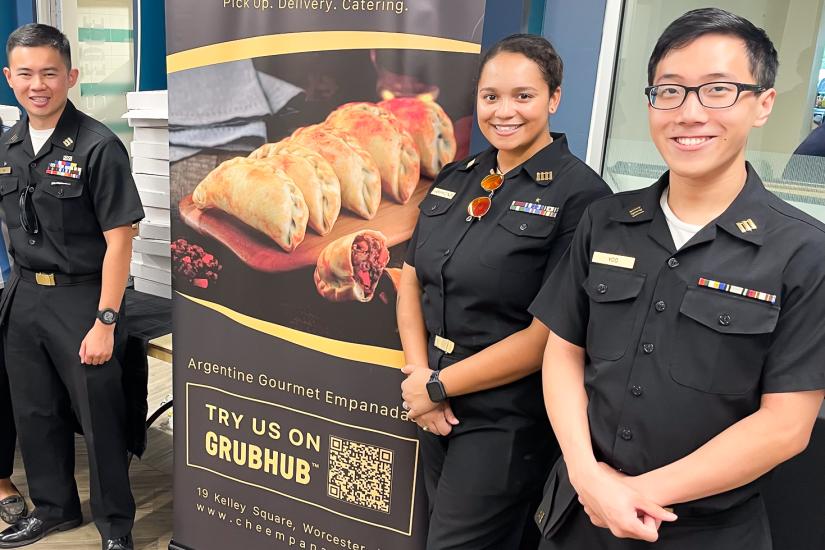
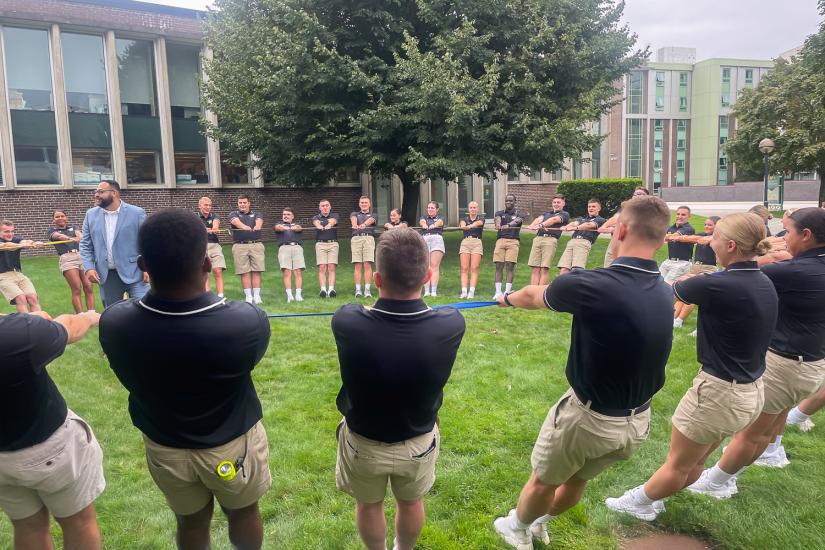
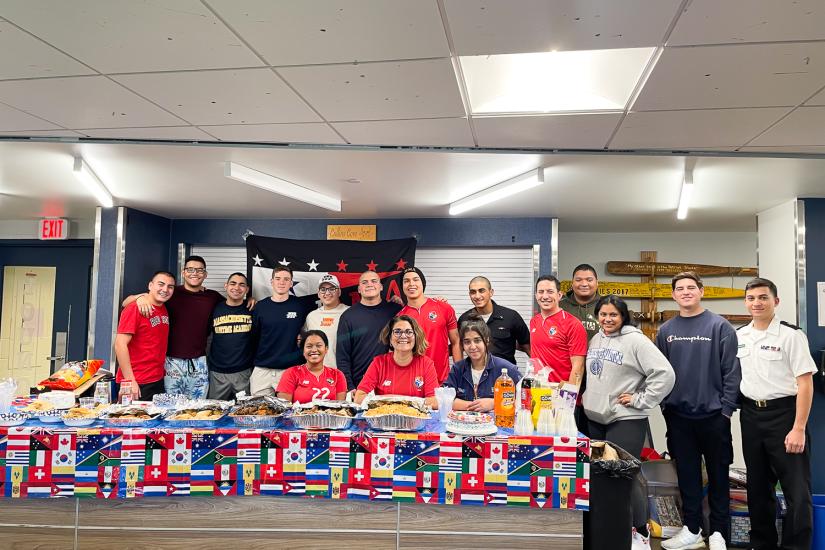
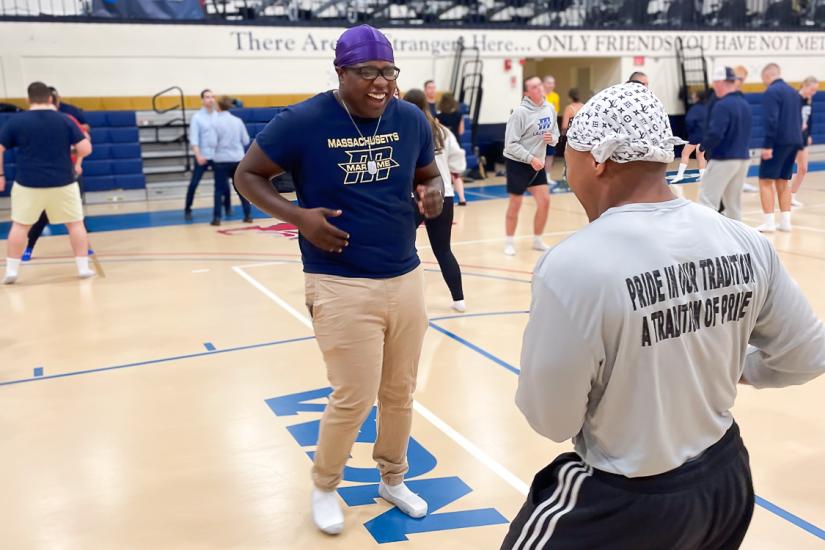
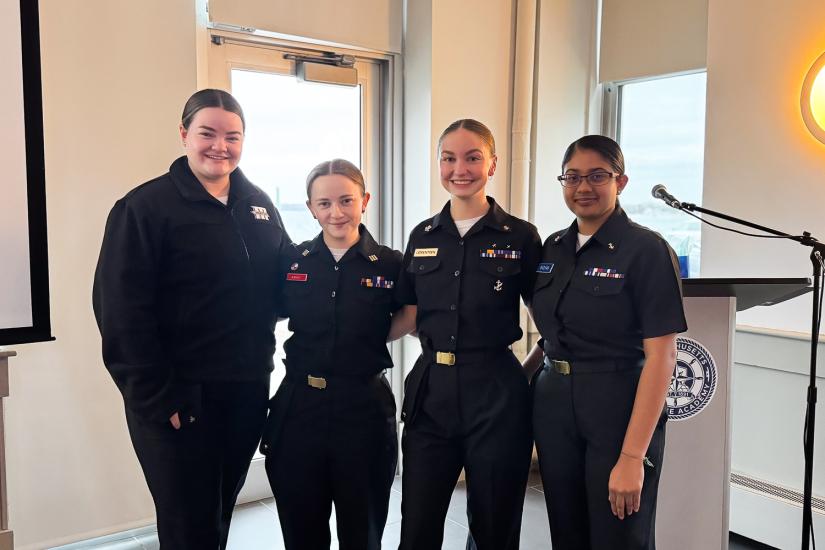
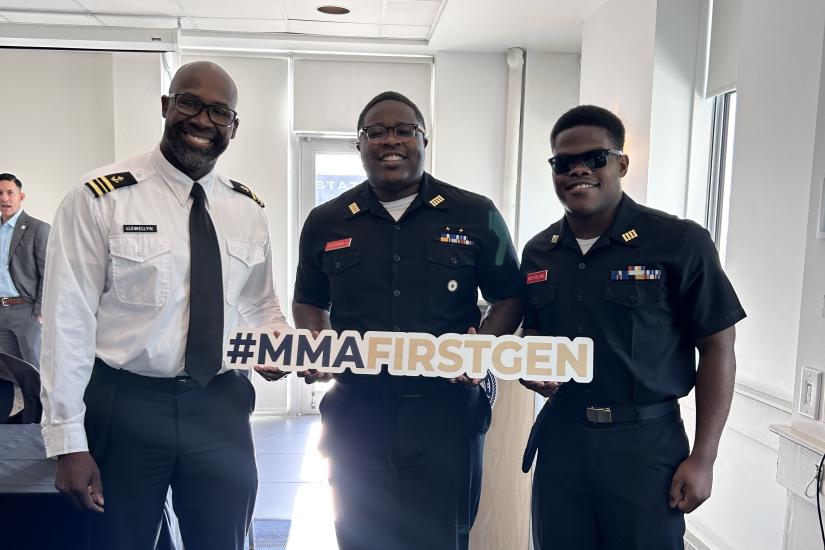
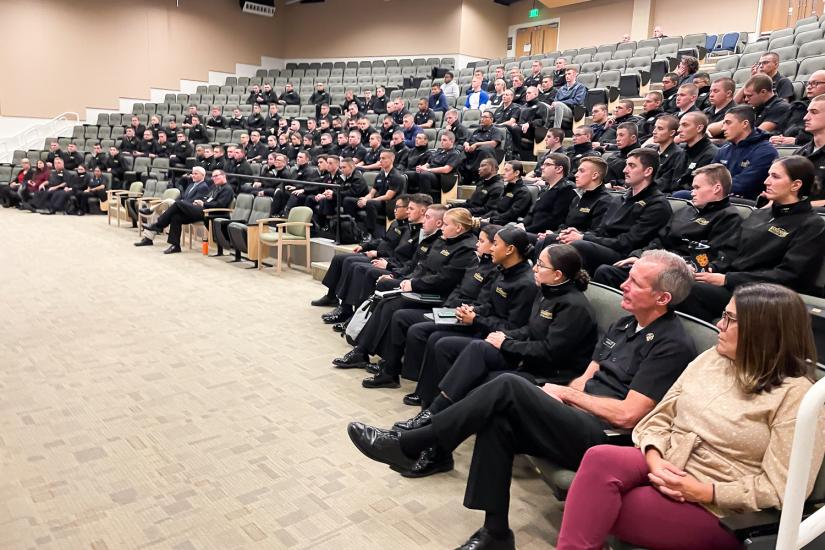
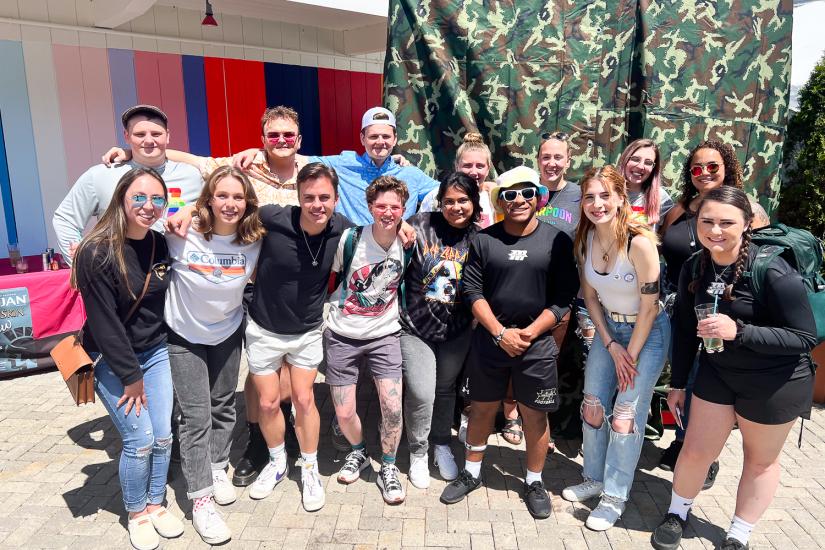
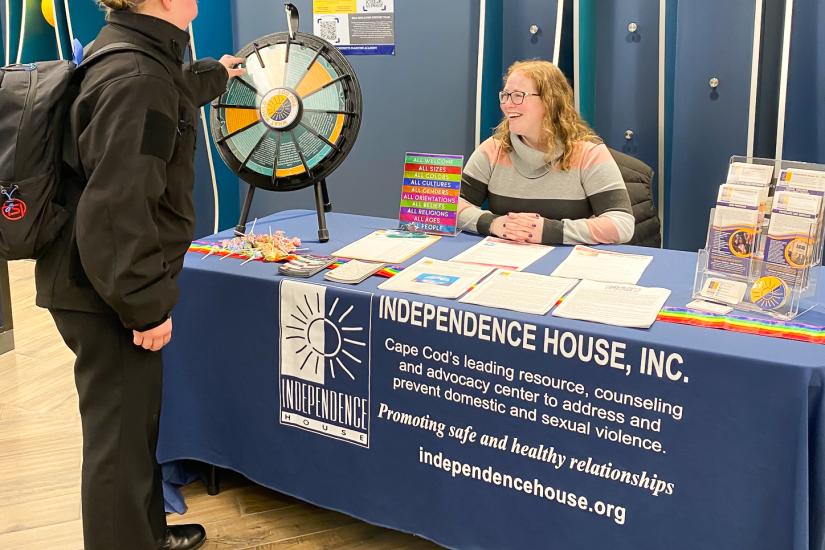
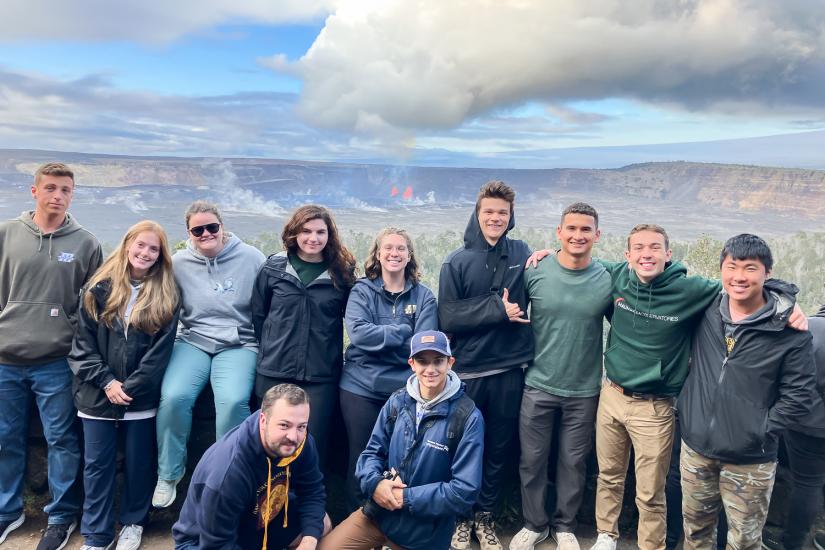
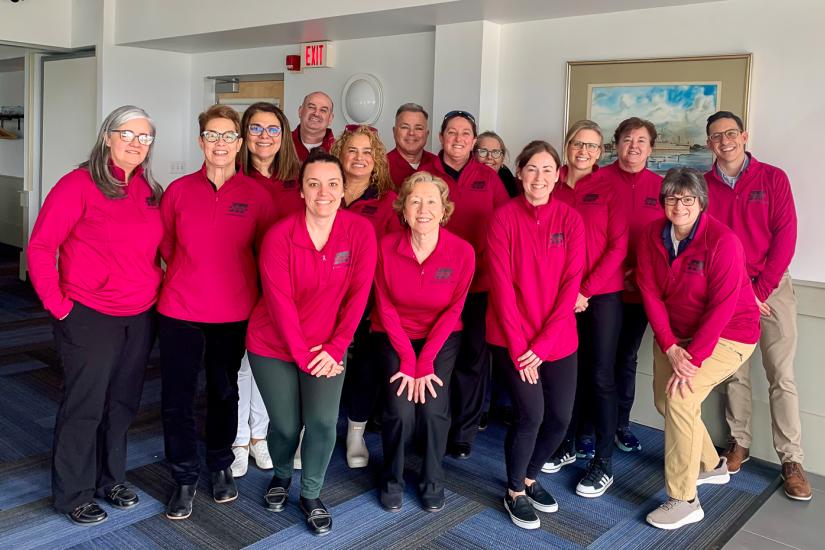
Overseas Program Advisory Council
Education abroad and global learning are essential to cadet learning and the internationalization of our campus community. Experiential Learning, study abroad, and international co-ops all play a vital role in promoting intercultural awareness, global sensitivity, and job-readiness in a 21st century global workplace.
The CAPT Paul Cuffe Global Institute coordinates and co-chairs the Overseas Program Advisory Council along with the Dean of Undergraduate Studies and representatives from all majors participating in Experiential Learning trips and study abroad. The goal of the Council is to come together to discuss best practices in education abroad and international programs, while supporting the safety and effectiveness of our overseas programs.
Intercultural Events, Excursions, and Initiatives
The CAPT Paul Cuffe Global Institute is committed to dynamic events and programs that enrich the campus, celebrate global cultures, and promote intercultural sensitivity. Examples of these events range from our monthly "Coffee with Cuffe" open houses, to innovative trainings like "Leading Across Cultures", dance performances, speakers, and more. We also facilitate cultural excursion for international students, exchange students, and visiting scholars. Check out our Instagram page to see examples of these programs in action!
Women's Coalition
The CAPT Paul Cuffe Global Institute has established a Women's Coalition that promotes wellness, empowerment and networking for women on campus. The coalition will meet once a month and create events that will promote support, mentorship and empowerment to female cadets. We are in addition to any Women's program led by a student group. This is a working group of primarily faculty and staff to discuss women's issues and further programming for the experience of women on campus, students, faculty and staff. We look forward to working with student clubs, and women's programs and initiatives toward a shared mission.
About Captain Paul Cuffe
Captain Paul Cuffe was born in 1759 on the island of Cuttyhunk. The son of a freed slave and a Wampanoag woman, he was a black and indigenous man who would go on to become Master Mariner, whaler, successful businessman, educator and community advocate, philanthropist and visionary until his death in 1817. Paul Cuffe left a legacy that is local, national, and international; rising to prominence at a time when it was all but impossible for a black and indigenous man to do so. His legacy continues to inspire us today as the namesake of our center.
